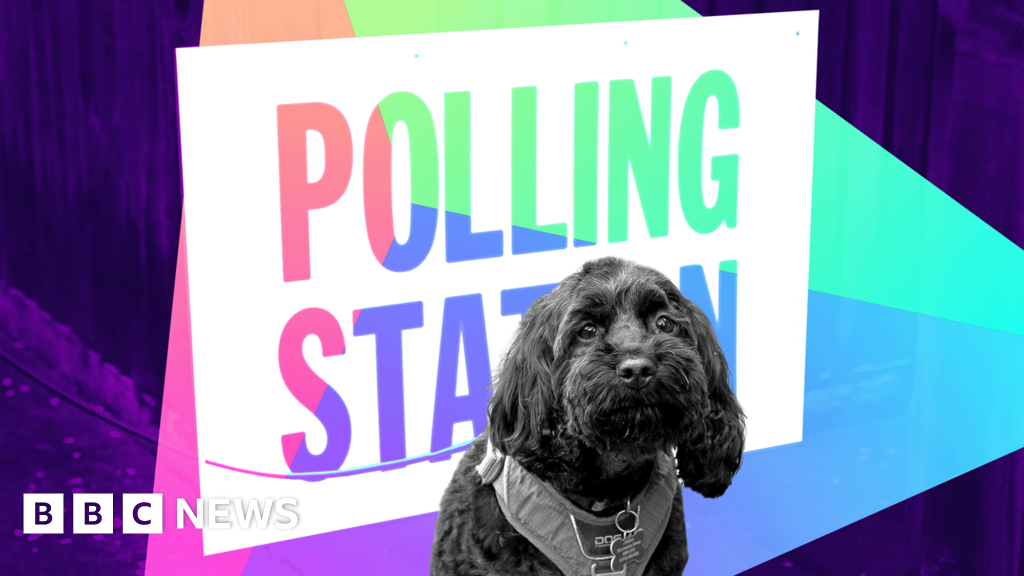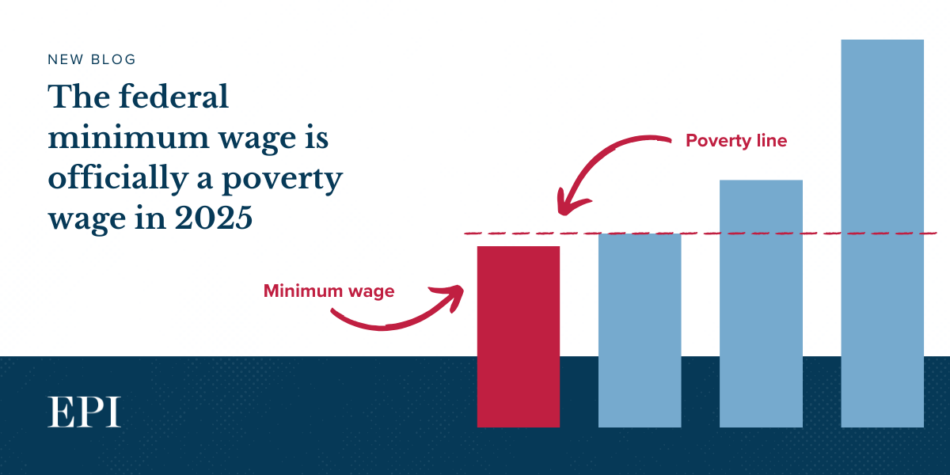UK Prime Minister Keir Starmer Responds to US Tariffs with Calls for Direct State Intervention

In a bold declaration on Sunday, UK Prime Minister Keir Starmer announced that the United Kingdom is prepared to take significant measures, including direct state intervention, to safeguard British industries against the repercussions of sweeping tariffs imposed by US President Donald Trump. This announcement, made in an article for The Sunday Telegraph, reflects a growing concern among UK officials regarding the changing landscape of international trade.
Starmer emphasized that the world has entered a substantially new era of trade relations, where the norms and “old assumptions” that once guided economic interactions can no longer be relied upon. This shift was starkly illustrated by the recent decision of the United States to impose a 10 percent tariff on goods imported from the UK, a move that could have far-reaching implications for numerous sectors within the British economy.
“The world as we knew it has gone,” Starmer articulated in his piece, cautioning that the future global economic environment will be determined increasingly by strategic deals and alliances rather than established rules. This sentiment underscores the urgent need for the UK to adapt to these new realities, which are marked by unpredictability and competition.
Starmer's remarks underscore a commitment to British resilience, asserting that this changing landscape requires the country to draw upon its fundamental virtues: “cool heads, pragmatism, and a clear understanding of our national interest.” He acknowledged the complexities of the situation, recognizing that “nobody wins from a trade war,” yet he conveyed a determination to engage thoughtfully in negotiations for the best possible outcomes.
Despite his cautious optimism, Starmer was clear that any prospective trade agreement with the United States would only be pursued if it aligns with the best interests of British businesses. “All options remain on the table,” he stated, indicating a willingness to explore various strategies in response to the tariffs imposed by Washington.
The economic impacts of these tariffs are already becoming evident. For instance, British automaker Jaguar Land Rover announced on Saturday that it would “pause” all vehicle shipments to the US market starting in April. This decision reflects the company's need to reassess its operations in light of the “new trading terms” triggered by the tariffs, indicating the immediate repercussions felt by industries reliant on transatlantic trade.
In light of the rapidly evolving global trade dynamics, Starmer signaled a significant pivot in policy direction towards a more proactive government role. He promised to enhance support for domestic industries, stating, “This week we will turbocharge plans that will improve our domestic competitiveness.” This hints at the rollout of an upcoming industrial strategy package aimed at fortifying the UK’s industrial base.
Starmer also noted a commitment to using industrial policy as a means to protect British businesses from the impending economic storm. “Some people may feel uncomfortable about this... but we simply cannot cling on to old sentiments when the world is turning this fast,” he warned. His statements reflect a broader call to action for the government to adapt, innovate, and defend British economic interests in an uncertain global marketplace.
















